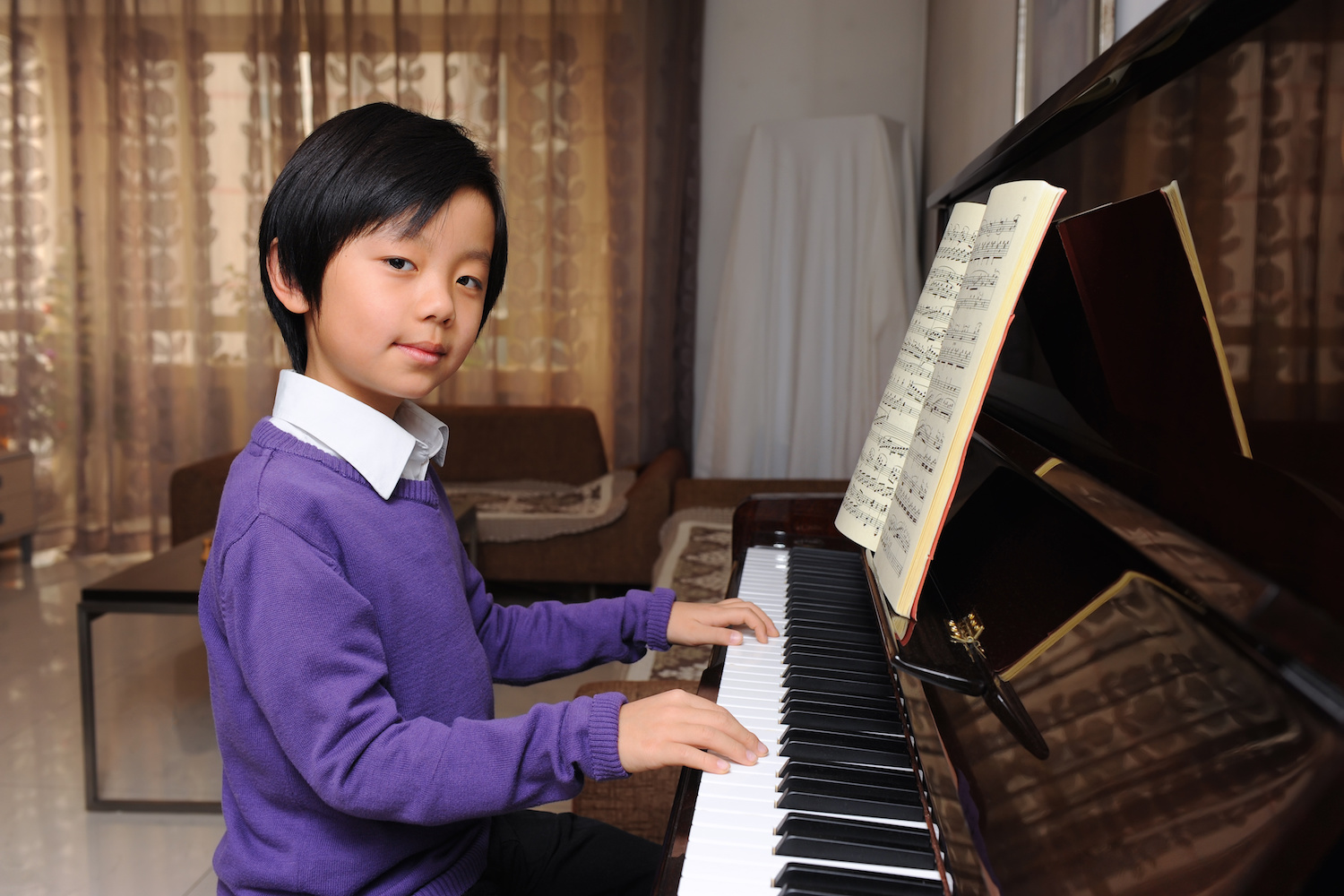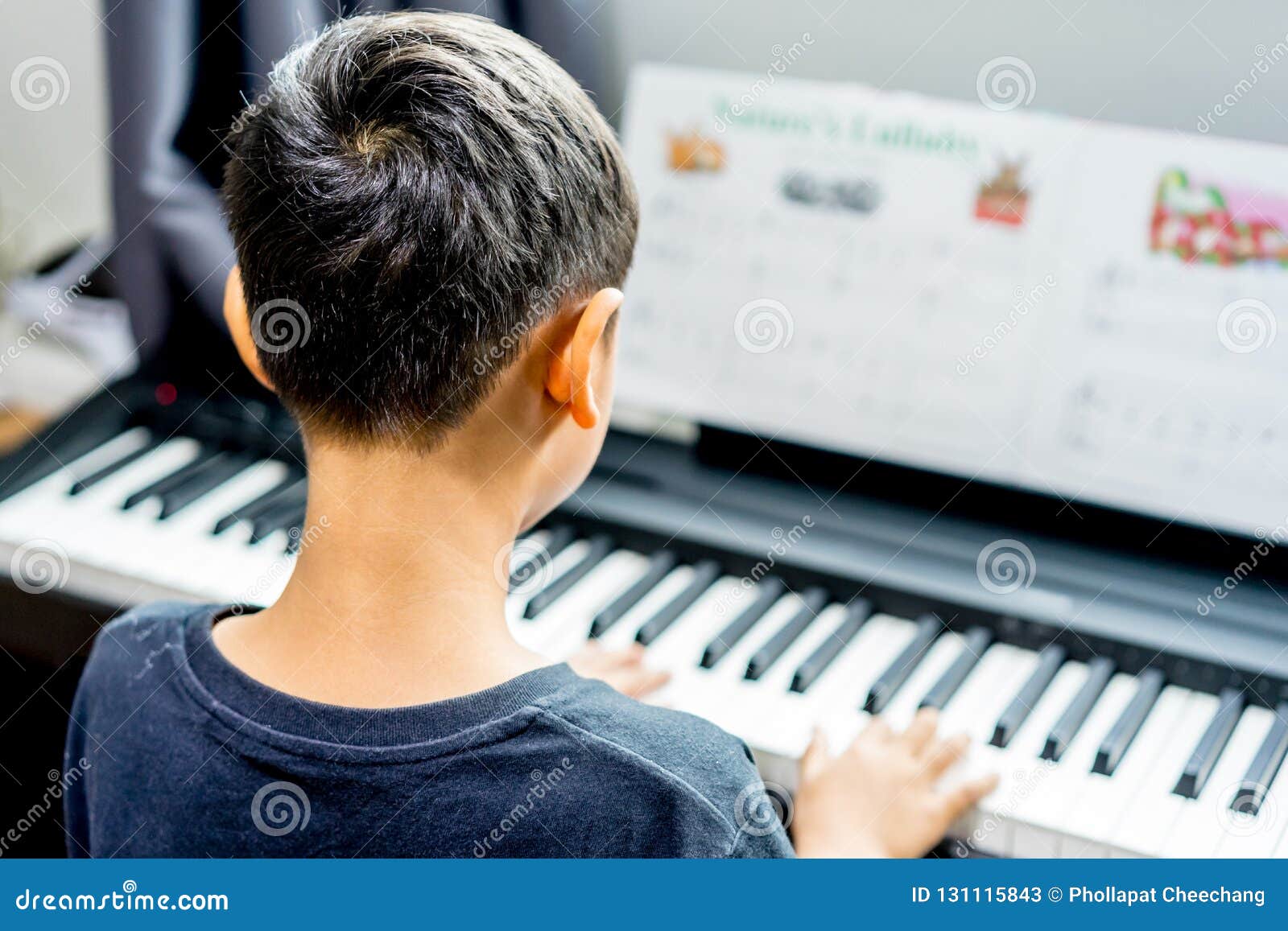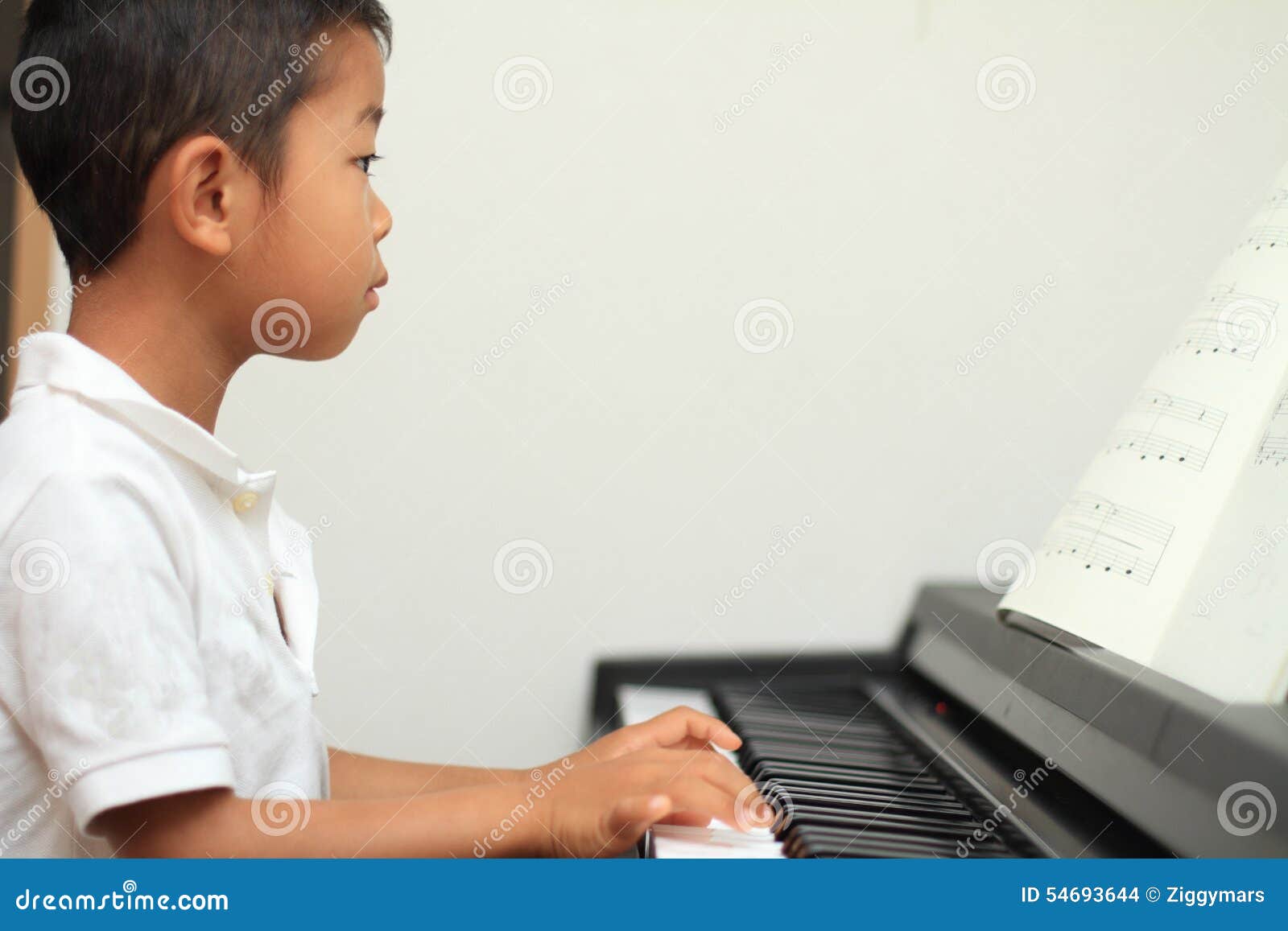

#Asian boy piano prodigy professional
"Caucasian" Americans with the educational background, awareness of what it takes to excel in music, and financial means to provide an excellent teacher and high quality instrument(s), who live in the (almost universally) urban environment in which excellent teachers and other musical opportunities are found.will simply, very often, see other opportunities and have other goals for their children than being a professional musician. And all anthro grads joke (sometimes its not so funny) that an anthro degree is great for a job in which you ask, "You want fries with that?" My parents were horrified when I went to grad school for Anthropology. People who don't fit into one of these 2 categories tend to see piano as a 'life enrichment' activity but would not want their children to focus on music to the detriment of what's going to pay their bills in the future. There is still a perception that certain disciplines are only really viable for either people who are wealthy enough that they don't need the income, or people who love it enough that they are willing to live in a garret on bread and water to pursue their dream. And, if the piano teachers in your town/area consider John Thompson book 4 to be 'advanced piano repertoire' it is impossible to imagine that *your* kid might have the talent it takes to play the stuff needed to get into a conservatory.ī)You have to believe it's worth doing.

You must have some basis on which to be confident that you're not wasting your life and resources in pursuit of a ridiculous pipedream. This is one of the first things that those in urban and rural ghettos do not overcome. (speaking of which, can you imagine pushing your child from elementary school to work for hours a day to get in to law or medical school, if law or medical degrees carried the same guarantee of a job or financial rewards that a music degree does?)Ī) You must believe it is possible. Stunned by Jude's talent, Bill had paid for the piano out of a sum recently inherited from his father, offering in addition to tune the piano once a month for as long as he was able to, while paying for professional lessons to hone Jude's skills.There are some things that both the parent and the child must believe, in order to pursue musical excellence.especially when you're discussing pursuing musical excellence to the point of a conservatory education and a possible career in music.

Without warning, a $15,000 grand piano arrived at the Kofies' home, paid for entirely by Bill himself. Upon hearing about Jude's extraordinary abilities from a local news story, piano tuner Bill Magnusson was inspired to commit a remarkable act of generosity. Pretty impressive, right? The feels don't end there. Jude's father soon purchased a larger keyboard for his son, and before long, the boy's skills were improving rapidly, and he could pick up almost anything by ear.
#Asian boy piano prodigy how to
Isaiah quickly realized Jude was in possession of an impressive natural aptitude for the instrument, and had figured out how to play exceptionally well all by himself. Not just messing around, but competently hammering away improvised chords, melodies and solos that he'd never been taught before. Much to Isaiah's surprise, he discovered Jude happily playing the keyboard in the basement. Nobody had ever had a piano lesson, or been taught a single note of music theory. Isaiah knew that they kept an old keyboard down there, but to his knowledge, none of the family members - including Jude - knew how to play. The story begins eighteen months ago, when Jude's father, Isaiah, heard sounds emerging from the basement of their family home. This heartwarming segment on CBS News tells the story of Jude Kofie, an 11-year-old autistic boy from Aurora, Colorado with an extraordinary talent.


 0 kommentar(er)
0 kommentar(er)
